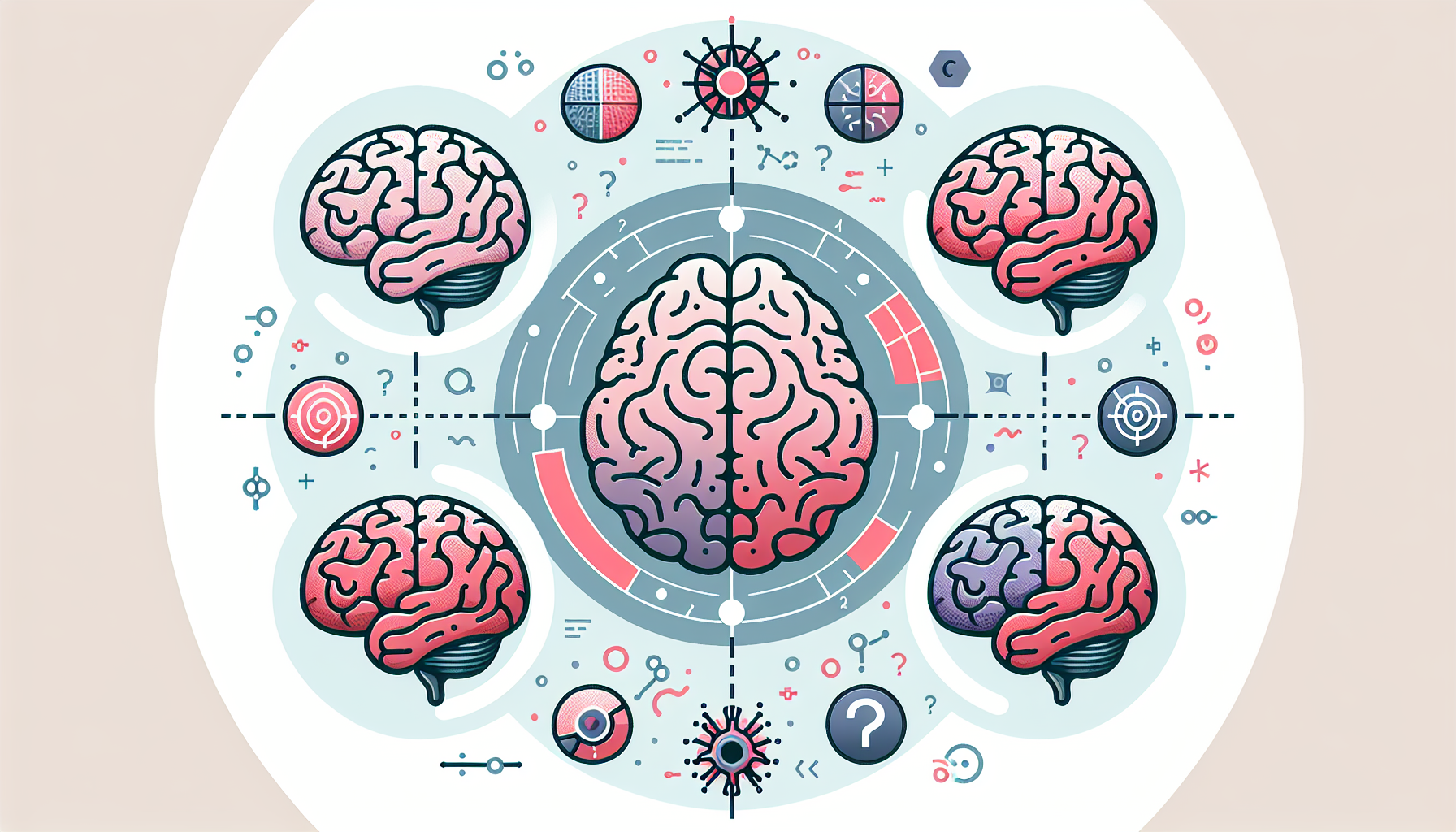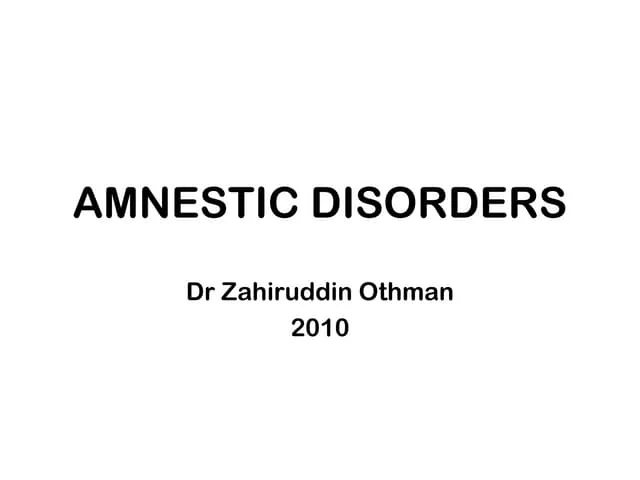Cognitive disorders are a group of conditions that affect a person’s thinking, memory, and other mental functions. These disorders can range from mild to severe and can significantly impact a person’s daily life.
Types of Cognitive Disorders
- Dementia: A general term for a decline in mental function, including memory loss. Alzheimer’s disease is the most common type of dementia.
- Delirium: A state of acute confusion, often caused by illness, infection, or medication.
- Mild Cognitive Impairment (MCI): A transitional state between normal aging and dementia, characterized by mild cognitive decline.
- Amnestic Disorder: A condition primarily characterized by memory loss.
- Frontotemporal Dementia: A type of dementia that affects behavior, personality, and language.
- Lewy Body Dementia: A type of dementia that affects thinking, movement, behavior, and mood.
Causes of Cognitive Disorders
The causes of cognitive disorders vary depending on the specific condition. Some common causes include:
- Neurodegenerative Diseases: Conditions like Alzheimer’s disease and Parkinson’s disease can damage brain cells.
- Brain Injuries: Traumatic brain injuries can lead to cognitive impairment.
- Stroke: A stroke can damage brain tissue, leading to cognitive deficits.
- Infections: Infections of the brain, such as meningitis or encephalitis, can cause cognitive impairment.
- Substance Abuse: Excessive alcohol or drug use can damage the brain.
- Metabolic Disorders: Conditions like diabetes or thyroid disorders can affect cognitive function.
Symptoms of Cognitive Disorders
The symptoms of cognitive disorders can vary depending on the specific condition, but may include:
- Memory loss
- Difficulty concentrating
- Problems with language
- Changes in mood or behavior
- Impaired judgment
- Difficulty with problem-solving
Treatment of Cognitive Disorders
While there is no cure for many cognitive disorders, treatments can help manage symptoms and improve quality of life. Treatment options may include:
- Medication: Medications can help manage symptoms like memory loss, agitation, and depression.
- Cognitive Rehabilitation: Cognitive training exercises can help improve cognitive function.
- Occupational Therapy: Occupational therapy can help individuals with cognitive disorders maintain independence in daily activities.
- Support Groups: Support groups can provide emotional support and practical advice.
If you or someone you know is experiencing symptoms of a cognitive disorder, it’s important to seek medical attention for a proper diagnosis and treatment plan. Early diagnosis and intervention can help slow the progression of the disease and improve quality of life.



